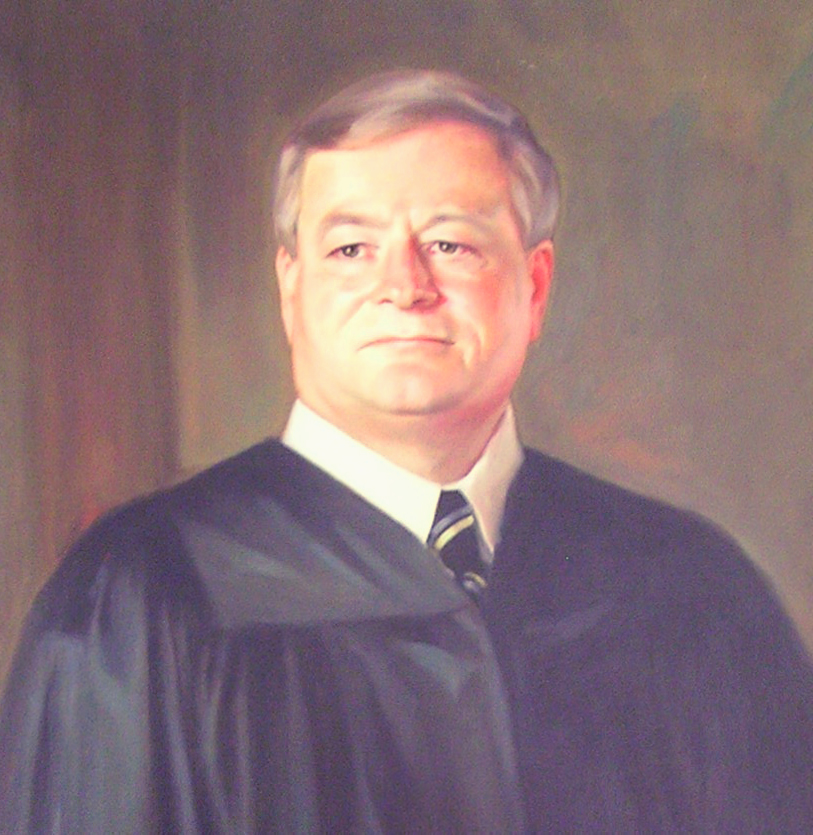

THE Federal Circuit (CAFC) has been growingly supportive of patent reform. CAFC even eliminated a lot of software patents, in lieu with the ruling on Alice.
"CAFC even eliminated a lot of software patents, in lieu with the ruling on Alice."According to this new article, changes are afoot. "Since a preliminary injunction is ordinarily awarded well before any final judgment on the merits," Patently-O explained the other day, "nobody actually knows which side will win the case. Because of the powerful nature of injunctive relief, the courts have long required that the party seeking relief to at least prove that it will likely win the case. Although termed a “factor” in the four factor analysis, it is actually a necessary element that must be proven before relief will be granted. “The movant must establish both “likelihood of success on the merits and irreparable harm” for the court to grant a preliminary injunction.”"
As Patently-O points out further down: "With the broader construction, the Federal Circuit remanded to consider whether the presented prior art creates an invalidity problem."
"What we don't wish to end up pursuing is some kind of a system which, rather than reward, simply punishes inventors and makes their lives harder."There are two principal criteria for invalidation: one is prior art and another is triviality or abstractness tests. With both 'tools' at hand, software patents are in a rather weak position at this Federal level. What happens a lot post-Alice is, companies attempt to sue others using software patents and merely burn their own pockets. IAM has this new "report" titled "Monetary consequences for falsely alleging patent infringement" and Patently-O, writing again about CAFC, mentions pre-AIA law in relation to a particular case which is deems likely the "Last Inventorship Case". To quote: "Based upon these (and a few other) facts, Mylan argues that (1) the ’patent had been derived from someone at the FDA – and therefore the patentee was not the “inventor” as required by pre-AIA law, 35 U.S.C. 102(f); and (2) the invention would have been obvious in light of the FDA communications. On appeal, however, the Federal Circuit affirmed the lower court holding siding wholly with the patentee."
While we are still waiting to see what happens to AIA and the USPTO Director under Trump (there are conflicting rumours about that) we sure hope to see more of the same progress -- something along the lines of reducing patent scope. Red Hat's OpenSource.com published "making-us-patent-system-useful-again" only a few days ago. "In the U.S. patent system," it said, "if maintenance fees are not paid, an issued patent goes into the public domain. Find out how to search the database."
Remember that the original purpose of patents was exactly that. The temporary monopoly was a reward or compensation for doing that.
What we don't wish to end up pursuing is some kind of a system which, rather than reward, simply punishes inventors and makes their lives harder. That is exactly what software patents have done to programmers. Take Compuverde for example; based on its new press release, it has nothing to brag about except software patents (which are rather useless in the US these days).
As we noted earlier in the week, software patents do get accepted by CAFC on rare occasions, but one cannot rely on any of this. In almost 80% of the cases last year CAFC agreed with PTAB, which is still killing a lot of patents and certain firms -- not law firms of course -- are loving it enough to pay for press releases about it. ⬆